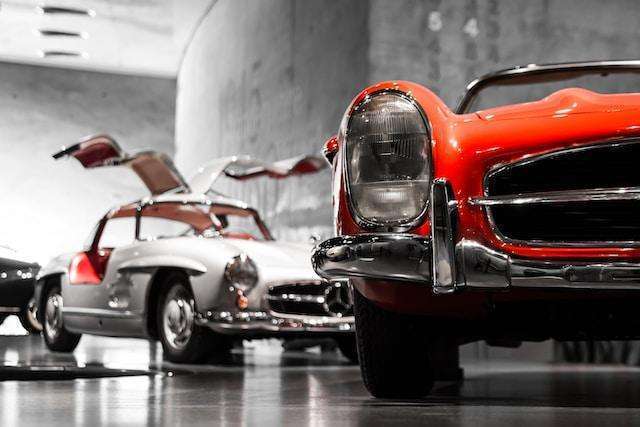As an owner of a classic car, you’re well aware of the time, energy and financial investment required to maintain its prime condition. Your vintage vehicle is special, and the same should go for its insurance. Regular auto insurance often falls short in providing comprehensive coverage for your antique or collectible vehicle. These distinctive cars demand a unique form of safeguarding, this is where classic car insurance steps in.
Does Insurance Cover Restoring Cars?
There are numerous auto insurance quote providers that cater specifically to classic cars, and a number of them even offer coverage for restoration projects. Insurance firms cover restoration businesses and individual enthusiasts, ensuring in-progress work based on an agreed value.
In classic car insurance, the “agreed value” concept is extremely important. It implies that if your vehicle suffers damage, your payout won’t be lessened due to depreciation. This principle applies to restoration insurance, regardless of whether you’re undertaking the restoration yourself or hiring a professional.
Garages specializing in classic cars might also have supplemental insurance to cover any physical harm to your vehicle via a third-party insurer. These policies can also encompass personal and bodily injury liability coverage.
Hiring a professional for your car’s restoration may come with additional costs, but the benefits of insurance are significant. However, some might find advantages in restoring their car at home. In such instances, it’s up to you to decide whether to insure your project car or not.
What Elements Need to Be Covered By Insurance for Classic Car Restoration?
Insurance for Hazards On the Road
Similar to all individuals associated with the automobile industry, it’s imperative for you to have insurance coverage when driving the vehicles in your possession. Essentially, this necessitates the acquisition of road risk insurance.
This type of insurance facilitates driving cars between your business site and other places for work-related reasons. It also provides the opportunity for both you and your clients to operate these vehicles. Whether for the purpose of evaluating repair work or scrutinizing a car before finalizing a purchase.
Coverage for Tools and Equipment
Vehicles of advanced age necessitate using highly specific garage tools, which are costly and challenging to substitute. It’s critical for your business to have appropriate insurance for equipment like spray painting devices, welding tools, and lifting platforms.
Insurance Coverage for Vehicles During Transportation
In instances where non-operational vehicles need to be transferred from one place to another, it is essential to ensure their protection during the journey, whether they are being transported via a truck or towed. The right form of transit insurance for vehicles provides this necessary safeguard.
Costs Associated with Insuring a Classic Car
Insurance for classic cars is typically far more affordable than standard car insurance. The annual cost for a classic car policy ranges from approximately $200 to $600. However, if your vehicle is particularly high in value, you might experience higher rates.
On the other hand, standard car insurance generally exceeds $1,000 per year. Insurance companies anticipate you will use your classic car less frequently, maintain it properly, and have a clean driving record. Due to these factors, they consider classic car owners less likely to make a claim than regular drivers.
Insuring your classic, antique, or project car is a straightforward process that begins with getting a quote. If your vintage vehicle doesn’t have a VIN, you can use its make, model, and year instead. Begin by comparing quotes from reputable insurance companies.
Endnote
Considering a classic car insurance policy could be worthwhile if you own a cherished vintage vehicle you want to safeguard. These policies are frequently more affordable than conventional auto insurance, including unique benefits such as spare parts and agreed-value coverage. Variables like your age, vehicle type and model, and driving record can impact your insurance rate. An insurance plan that works well for your neighbor may not necessarily be the most suitable option for you.



